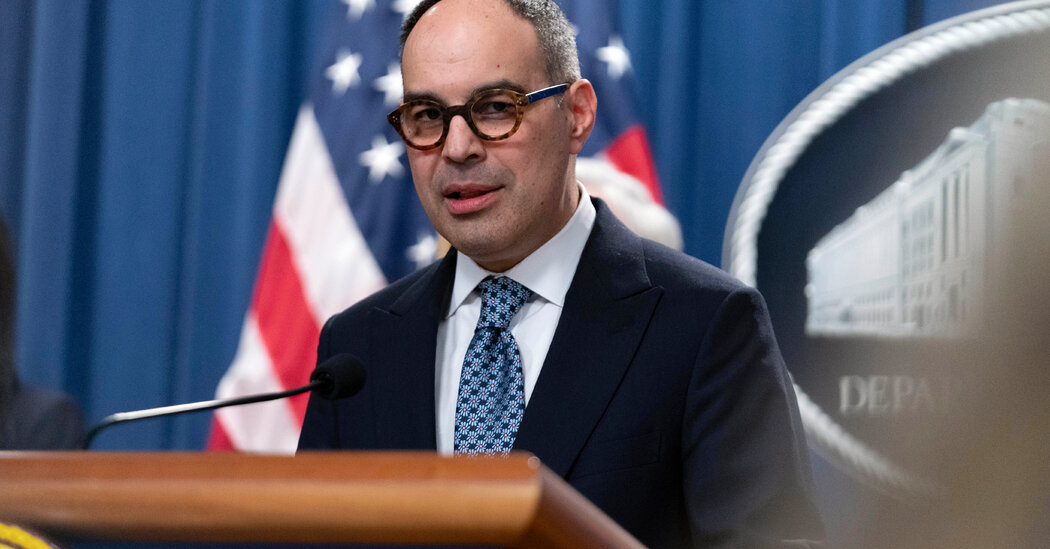
Going After the Middleman
With the presidential election approaching, many chief executives have been glued to the shot clock counting down to Election Day, wondering which companies and industries the Biden-appointed regulatory apparatus — perhaps the most aggressive in a generation — may try to target before it goes to zero.
Business leaders have been combing through comments and transcripts to try to understand the pending priorities of regulators like Lina Khan, the chair of the Federal Trade Commission, and Assistant Attorney General Jonathan Kanter, the head of the Justice Department’s antitrust division.
They’ve zeroed in on what may sound like a nerdy legal theory, but one that could have huge implications: the tyranny of the intermediary, middleman companies that abuse their role by squeezing out competition or creating artificially expensive moats. The Justice Department has already made one high-profile strike along these lines, suing to break up Ticketmaster and Live Nation.
It is reportedly investigating at least two others. One is RealPage, a property management company that uses artificial intelligence to suggest prices and has already been sued by renters accusing it of facilitating a new type of collusion. The second is UnitedHealth Group, the health care conglomerate that owns a cobweb of businesses that include an insurer and another unit that employs about 10,000 physicians in the United States.
RealPage said in a statement this week it was “proud of the role our customers play in providing safe and affordable housing to millions of people.” It has also launched a website about its software.
Guessing what other names could be on the list has become something of a parlor game for dealmakers. A travel booking service that jacks up fees? A brokerage firm that an apartment building requires its renters to use? Shareholder advisory firms that can determine whether a deal goes through? Marketplaces that take a cut every time an NFT changes hands?
